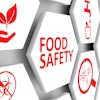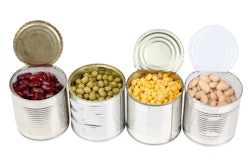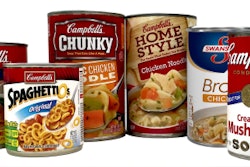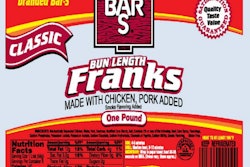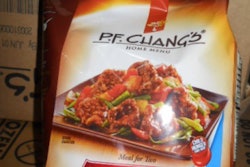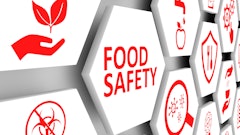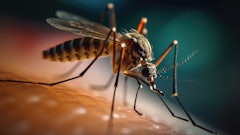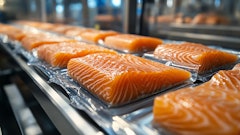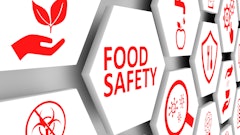
The Food and Drug Administration is taking a closer look at certain chemicals called phthalates that can end up in your food, according to KOMO News in Seattle, Wash.
One source of concern is certain canned food, because of the chemicals used to make the thin plastic lining that protects food from the metal.
For years, some food can manufacturers have used linings that contain the chemical Bisphenol A, commonly known as PBA, which is linked to problems with hormone products in women and children.
Consumer safety advocates have been asking food companies to transition from BPA to a safer plastic and many have. However, Washington Toxics Coalition's Erika Schreder says some companies that stopped using BPA have replaced it with a synthetic plastic called polyvinyl chloride, or PVC. PVC contains chemicals called phthalates.
"Phthalates are hormone-disrupting chemicals and they're used as plasticizers. So they actually enter our food supply at a bunch of different points along the way," said Schreder.
In addition to food cans, Schreder and other researchers say phthalates are found in all sorts plastic food packaging as well as food manufacturing equipment. Foods with high-fat content such as milk, dairy and meat- are more likely to absorb high levels of the chemicals during production.
To read more, click here.
